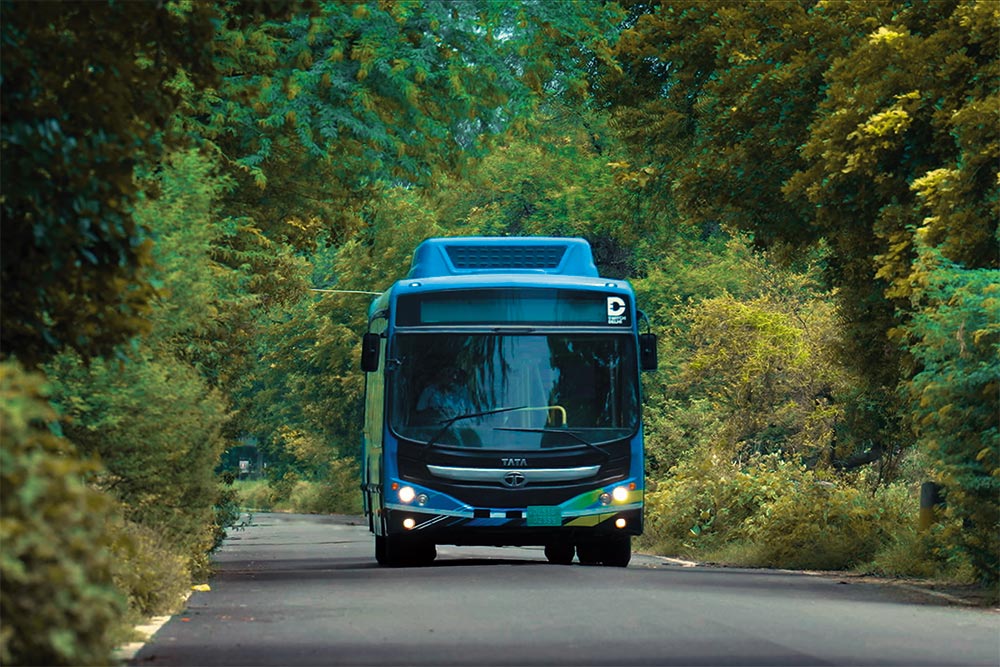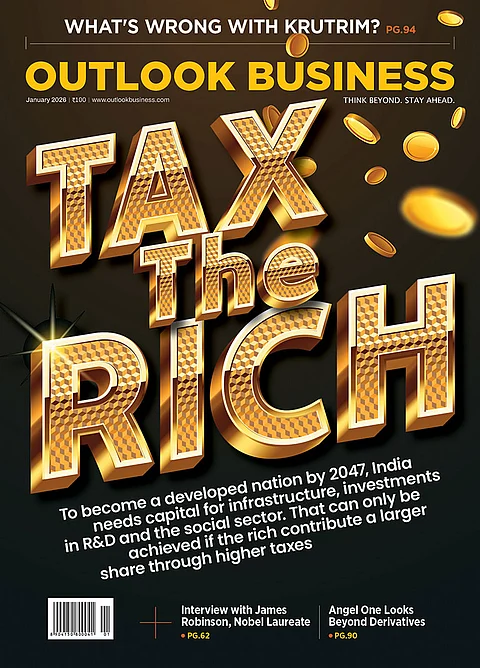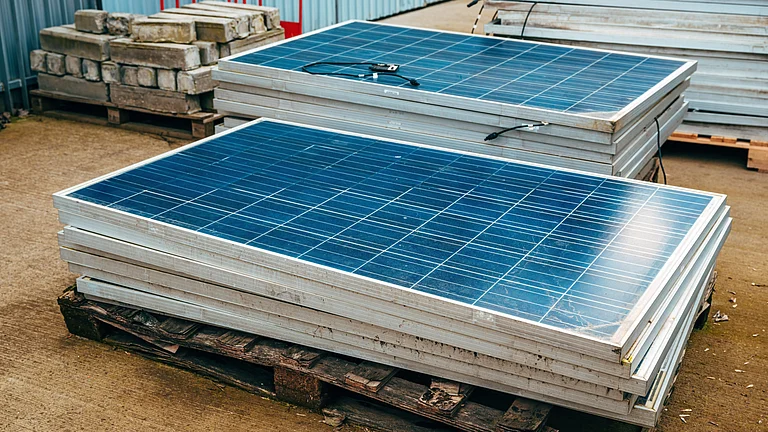The previous decades, 2011-20 was the warmest one in the world. With more than half of the top 20 worst polluted cities in the world, India also faced an acute challenge of urban air pollution. Such alarming news set bells ringing in the government catalyzing a new wave of thinking – partnering with the private sector to build sustainable solutions that both save the environment as well as benefit communities at large.
Transport sector contributes to >13% of emissions. Decarbonizing the sector is critical for achievement of India's Net Zero goals. After road freight transport, passenger transport is the largest contributor to emissions. Replacement of personal mobility solutions with reliable zero emission transport solutions presents a sustainable alternate that could make our cities more breathable.
The Tata group since it was formed 150 years ago, has served as the custodian of public good, calibrating its mission to address the nation’s most urgent needs. Tata Motors, the flagship company of the Group and India’s largest manufacturer of vehicles, committed itself to making the future of mobility in India safer, smarter and greener.

With the strong intent to accelerate India’s transition to green mobility solutions, Tata Motors participated in Government tenders and won prestigious orders from Ahmedabad, Mumbai, Delhi, Jammu, Srinagar, Bengaluru. In order to deploy E-buses, a holistic approach that encompasses E-bus technology, charging infrastructure, operations and maintenance solutions and manpower training is required. Tata Motors, thus established a new subsidiary TML Smart City Mobility Solutions Ltd. to bring focus to E-bus mobility solutions.
To head this company, Tata Motors deputed Asim Kumar Mukhopadhyay, who in his career spanning 3.5 decades, has played a key role in executing the growth strategies of various companies in the automotive and steel industries. CMA Asim Mukhopadhyay eagerly embraced the challenge and opportunity of spearheading Tata Motors foray into e-mobility services.
In order to succeed in the services sector, Mukhopadhyay believes that it starts with articulating the mission of the company that unites employees and stakeholders. The mission of TML Smart City Mobility Solutions Ltd. is to build India’s most admired public transportation company. To fulfill this, they have built a comprehensive solution.

The foundational element of the solution is the reliable E-bus technology from Tata Motors. Gen5 architecture powering these buses delivers a range of 200 km on full charge and are capable of fast charging while showcasing better thermal stability. “Our E-buses continue to deliver irrespective of the terrain or climate; right from the scenic, snow-clad streets of Srinagar to the busiest of metros like Mumbai, Delhi, and Bengaluru.” says Mukhopadhyay.
In India, the perception of a bus depot is that it would be at an isolated location, dilapidated and in an urgent need for repair and refurbishment. However, when you see the depots created for E-buses by TML Smart City Mobility Solutions Ltd. in partnership with the local transport authorities, you will see how world-class facilities are now being created for public transport to not just serve passengers but also the staff working tirelessly to provide reliable services. These depots in addition to housing charging and maintenance infrastructure also provide clean facilities for the drivers and technical manpower working there.
“Unless you put people at the center of the solution, you will be unable to delight your customers in a service business. During my career, I was extremely fortunate to undergo ‘Train the Trainer’ program at the erstwhile British Steel Overseas Consultancy Services (Now, Tata Steel Europe). This engagement instilled the importance of employee training. Today we have >9000 people engaged in our operations and we have an extremely robust skill development framework to ensure that our people are equipped to drive safely, engage with customers and conduct maintenance of vehicles as per prescribed standards. We believe it is this training rigor that is instrumental in powering delightful journeys for the lakhs of passengers availing our services daily,” says Mukhopadhyay.

Majority of the E-bus deployment has been focused on Government fleets as of now. In order to truly scale adoption, Total Cost of Ownership (TCO) needs to be viable for customers. When cost is the major focus for customers and EVs come with a higher cost, education of customers on the new technology along with cost optimization are two key imperatives to drive adoption.
The initial purchase cost of an E-bus is around 2-2.5X that of an ICE variant. One of the reasons for this in addition to battery costs is the requirement of imported spare parts. Historically, several components for EVs were imported specifically from China. However, initiatives like ‘Make In India’ help drive indigenization of components. “In addition to this we offer customized business models with longer tenure (12-15 years) to fulfil customer requirements which makes E-bus based transportation affordable,” says Mukhopadhyay.
With reliable technology, robust operations and maintenance solutions, high fleet uptime, trained manpower and low noise, zero tailpipe emission E-bus mobility solutions, TML Smart City Mobility Solutions is transforming the urban mobility landscape. It is now India’s largest E-bus mobility solutions provider with over 2200 E-buses on road that have cumulatively clocked over 15 crore kms with an uptime of >95%. As the company expands its services and operations, it remains committed to accelerating India’s transition to electric mobility and powering delightful journeys for passengers.
Every now and then you may see Mukhopadhyay or his colleagues riding an E- bus run by TML Smart City Mobility Solutions Ltd. to interact and seek feedback from regular commuters for improving service and experience. “Here’s to moving India forward with greener, safer, smarter mobility solutions,” adds Mukhopadhyay.











